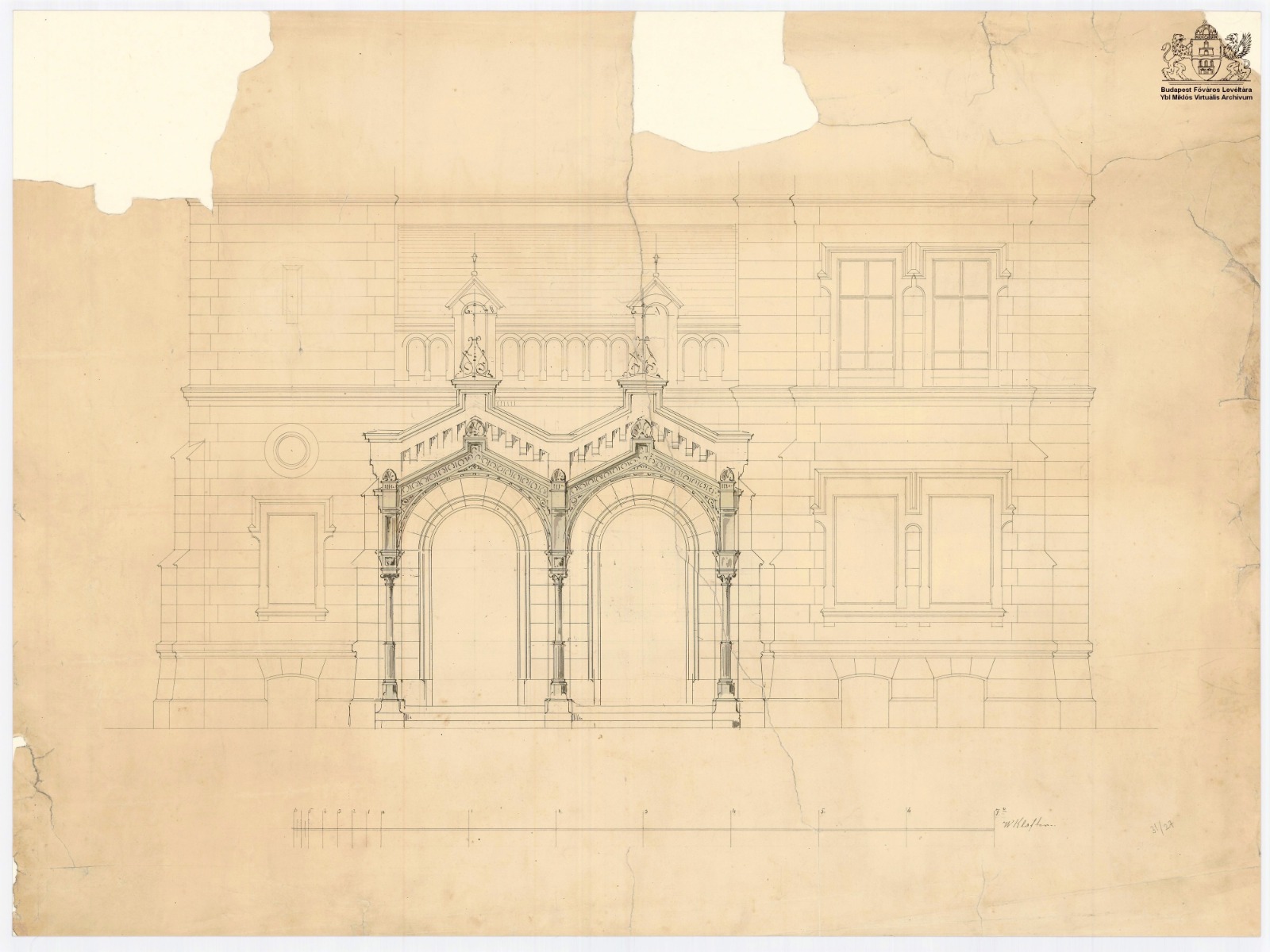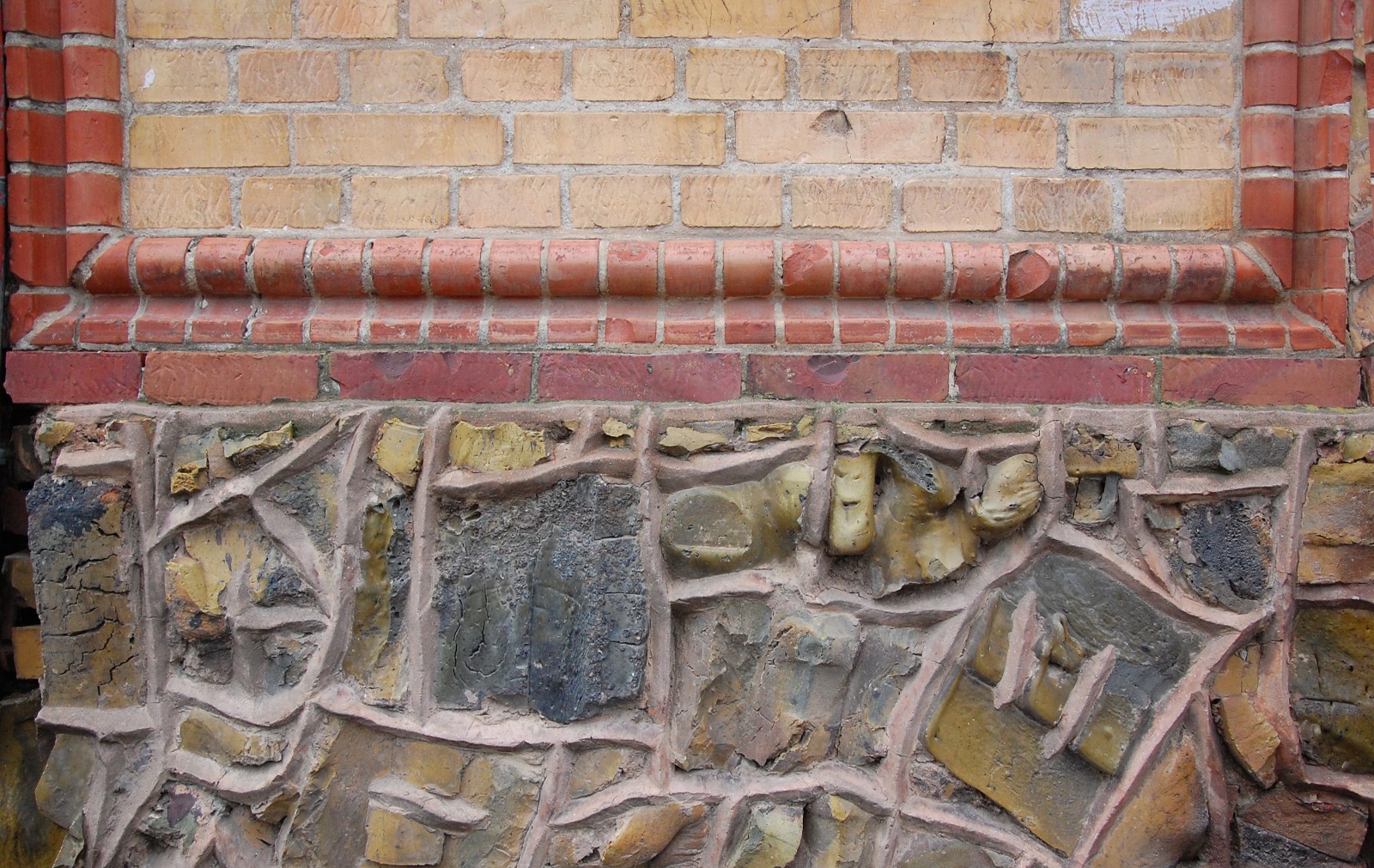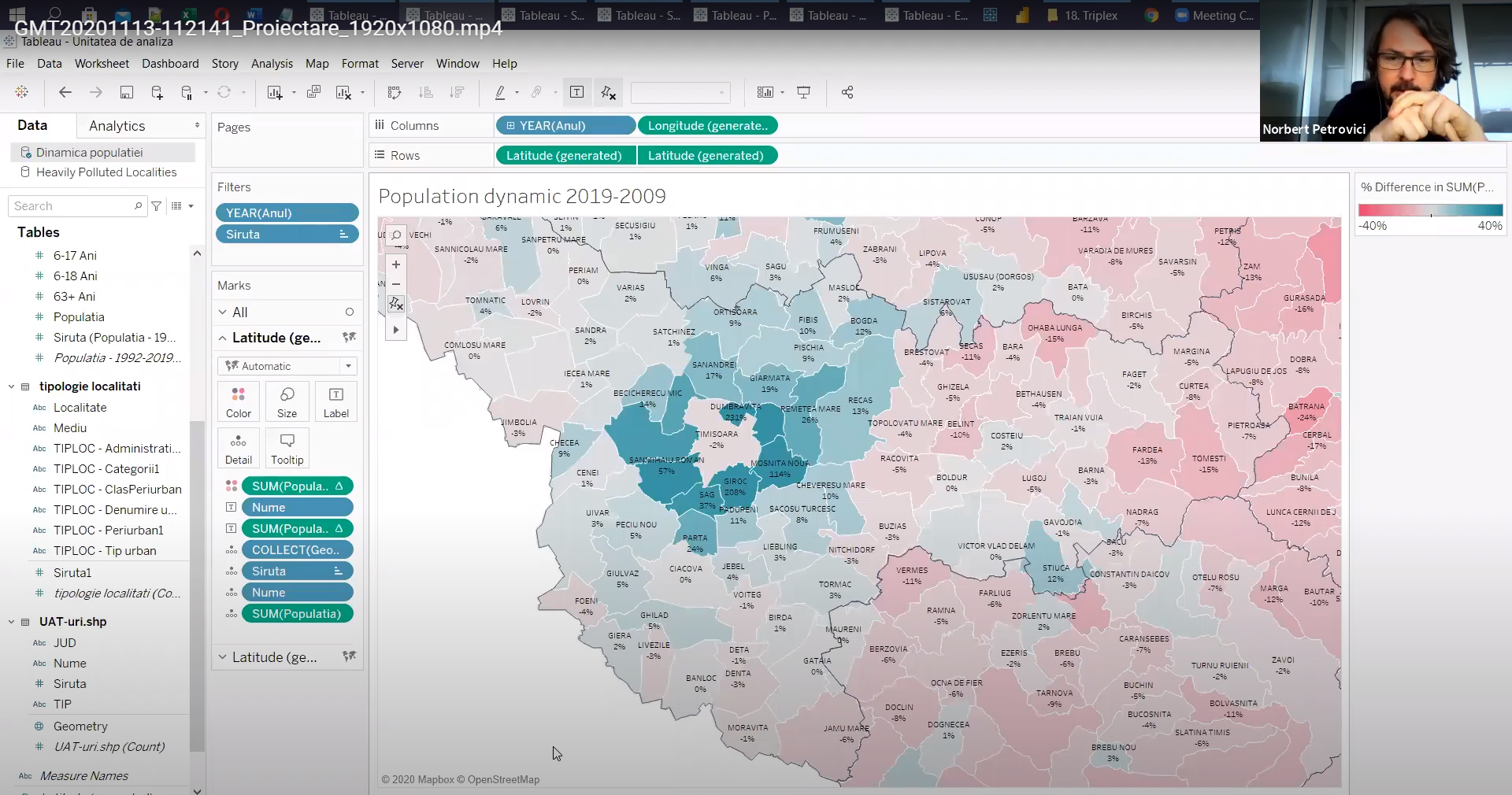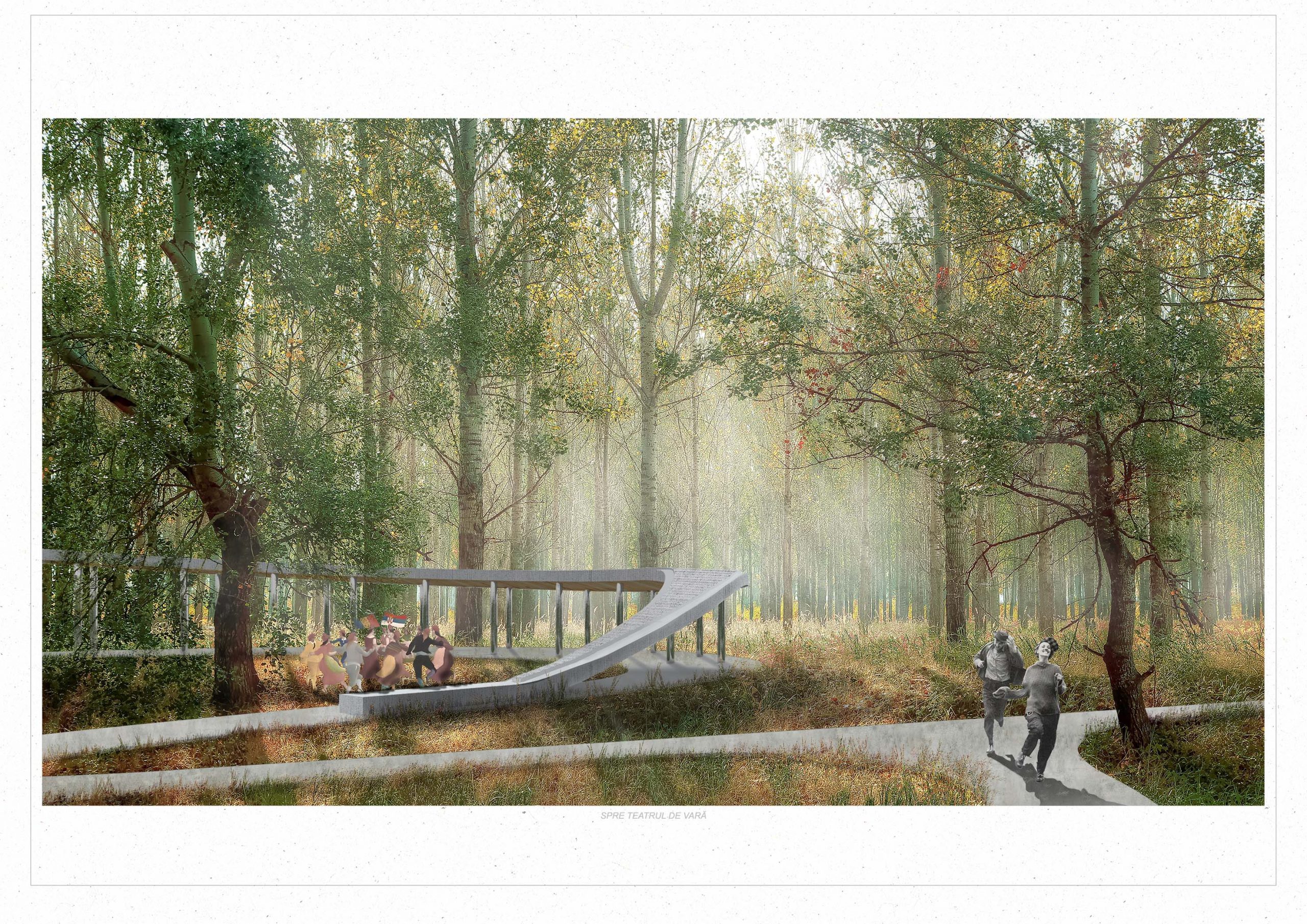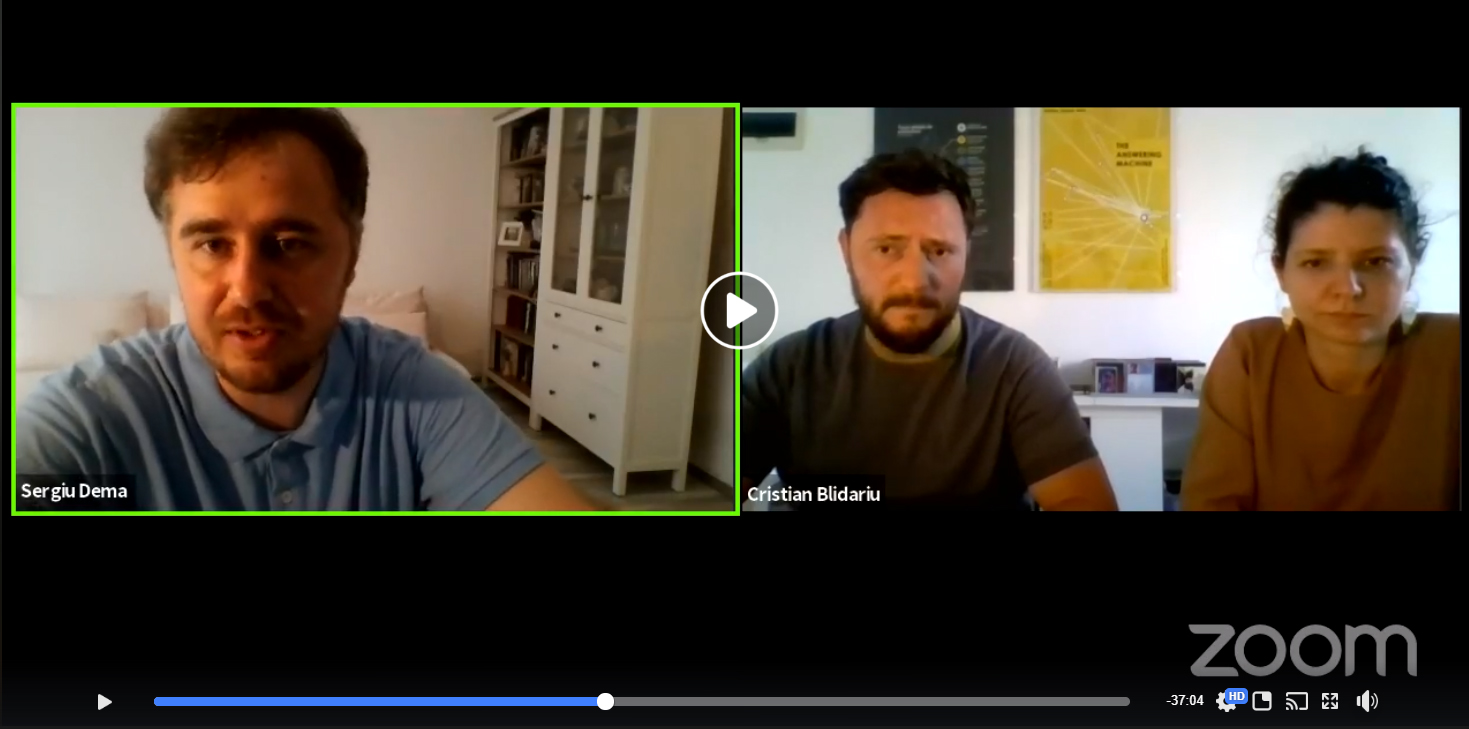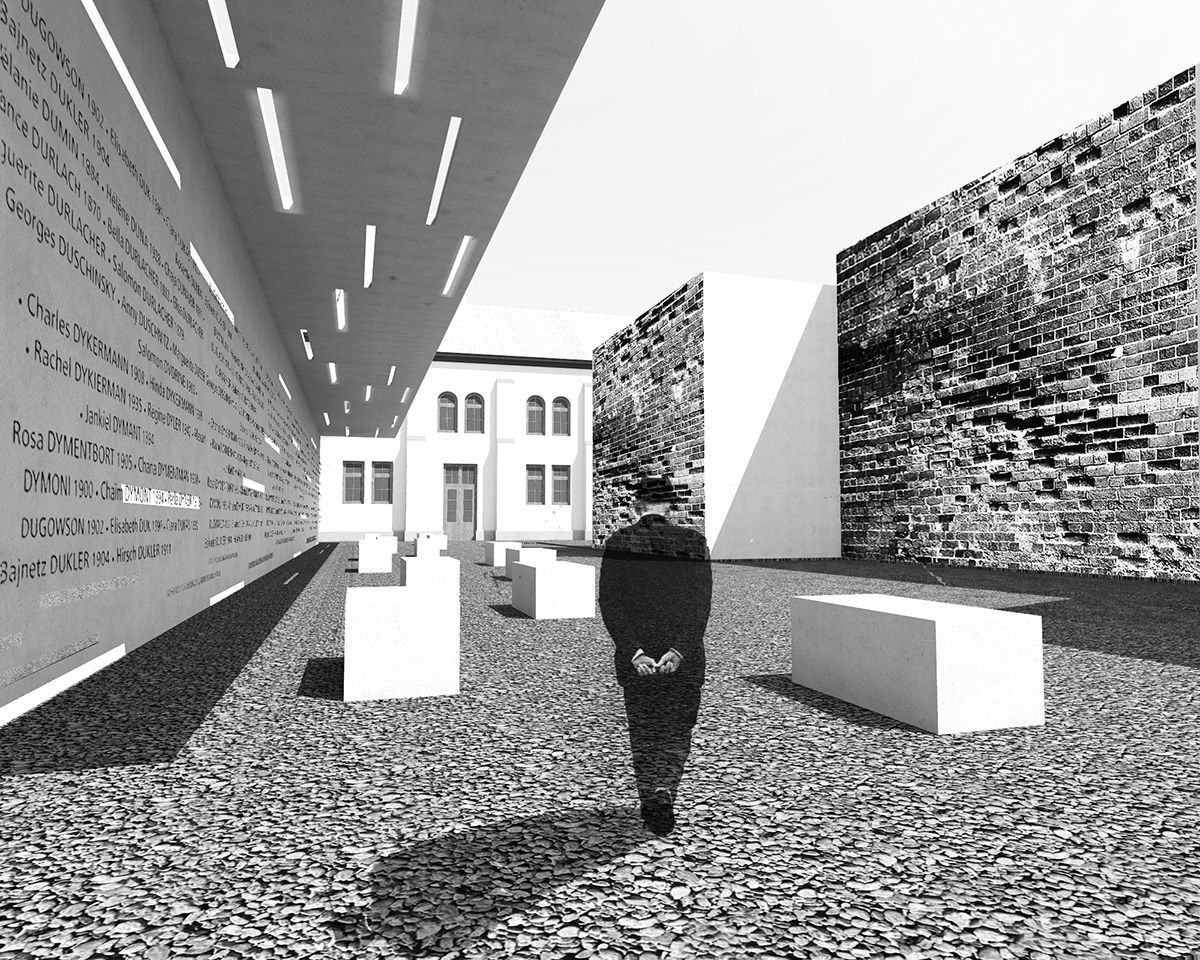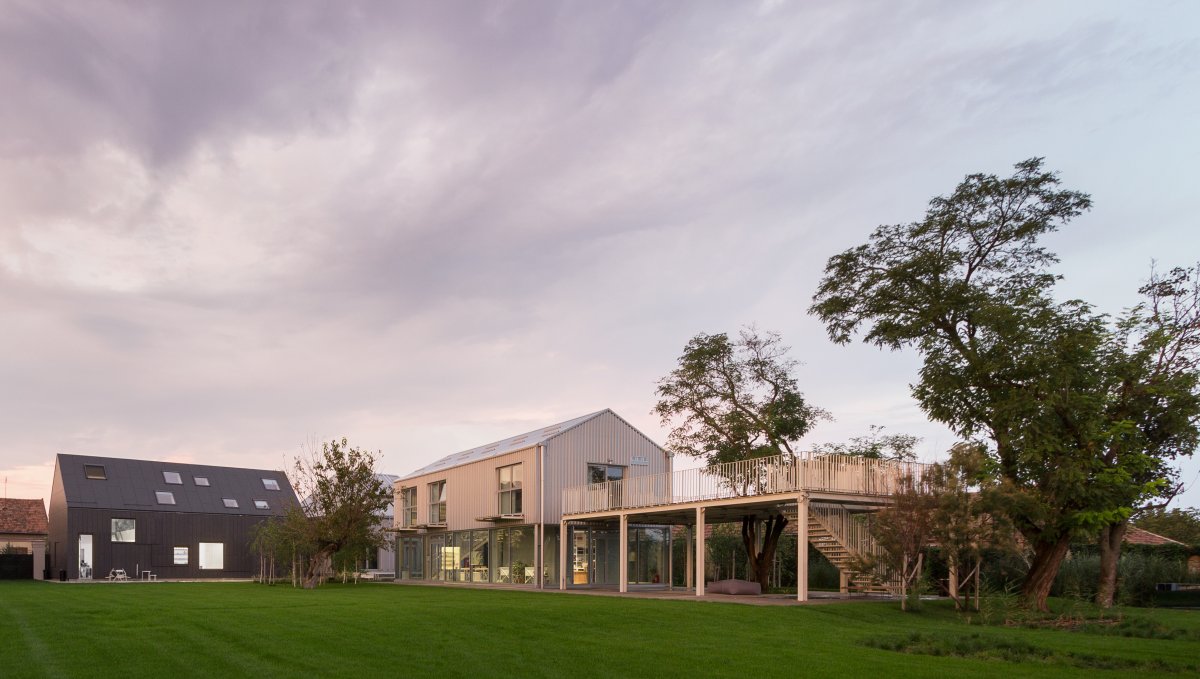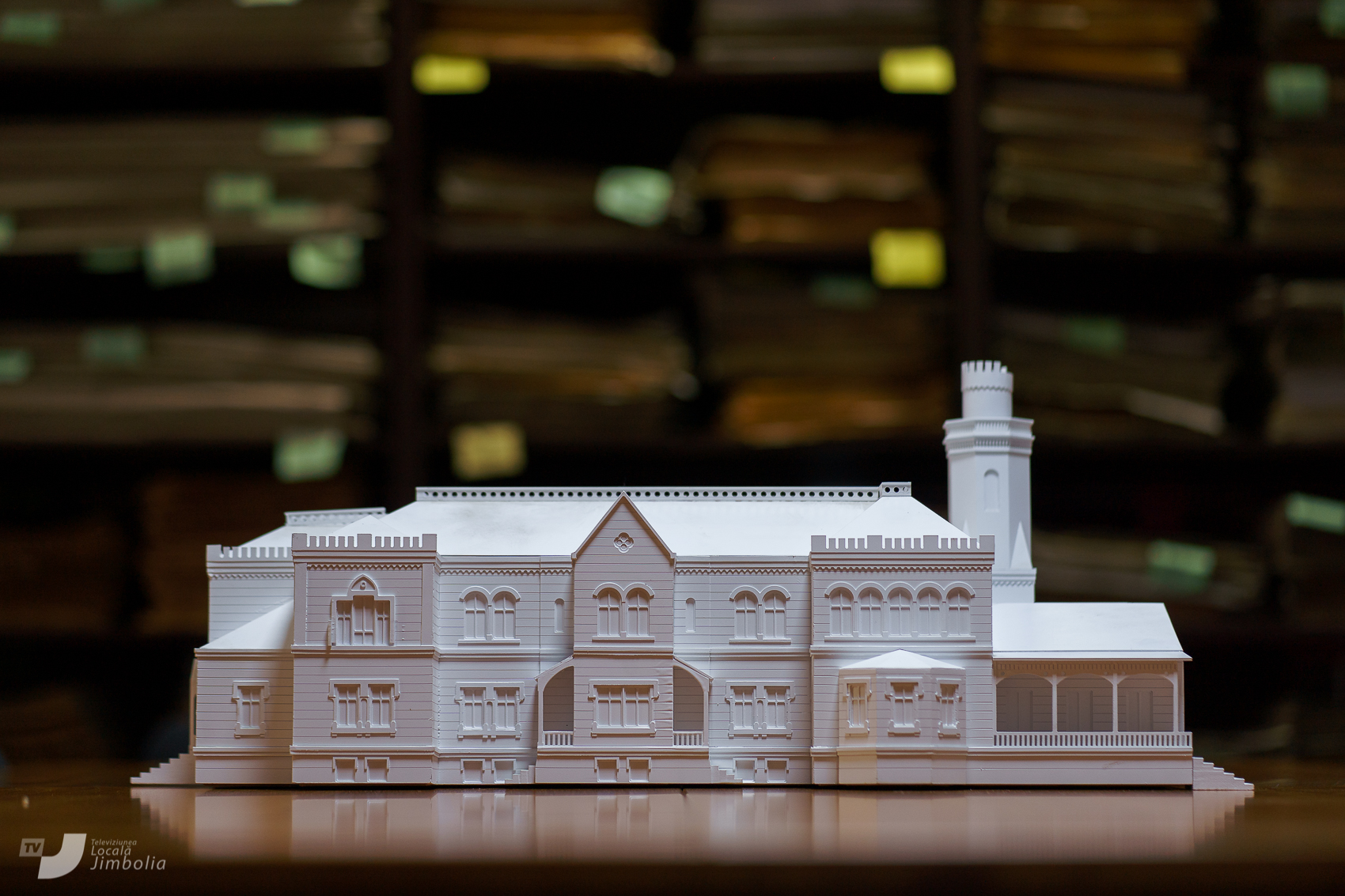SURVEY ON Architectural Education During The COVID-19 Pandemic
It’s been a tough year for every one and even for us here at Triplex Confinium. With mobilities postponed until better times, partner schools further debated on their objectives for their common first Learning Teaching activity; the Jimbolia summer school. Following the road map set during the First Transnational Meeting, partners sought to better define their methodology within the three
A mosaic of rough pieces
It’s been a tough year for every one and even for us here at Triplex Confinium. With mobilities postponed until better times, partner schools further debated on their objectives for their common first Learning Teaching activity; the Jimbolia summer school. Following the road map set during the First Transnational Meeting, partners sought to better define their methodology within the three
Norbert Petrovici teaches FAUT students how to understand a territory through data.
On November 13, UBB lecturer Norbert Petrovici gave a two hour presentation to fourth-year students at the Timișoara Faculty of Architecture. The presentation focused on illustrating and explaining several data sets in order to demonstrate how urban dynamics and development can be influenced by a number of demographic, economic, social and historical phenomena, which apparently at least have nothing to
Sustainable restoration of the built heritage in the natural landscape of river Timiș meadow
In anticipation of the Exploration Module that is currently being developed for the Jimbolia summer school, FAUT’s research team, has tackled the problematic nature of the Rudna-Gad ecosistem spanning the border area between Romania and Serbia, through three diploma projects that seek to sensibly address the issues of nature, landscape and built heritage. The diplomas projects were developed in conjunction
Towards digital thinking in architecture
Digital Design Center at the Faculty of Technical Sciences, University of Novi Sad, is one of only a few research centers in the Balkan region dedicated to the implementation, evaluation and education of digital technologies in architecture. With achievements spanning from being recognized by the Association for Robots in Architecture as the only research center in the region practicing robotic
ARCHITECTURE in the EURO-REGION – Interview
Triplex Confinium project managers, architects Cristian Blidariu and Oana Simionescu were invited by Jimbolia's Cultural House manager Sergiu Petru Dema for an on-line talk about the academic partnership, the architecture of the euro-region and what this transnational collaborations hopes to achieve on the long term for the architecture schools involved as well as for the local community.
Small scale interventions in Debrecen
The Department of Architecture of the University of Debrecen is the only institution on the east side of the Danube where architecture is taught in Hungary. Due to this geographical attribution the department is focusing on local issues, maintaining a strong relationship between the city of Debrecen and the broader region.
PACE
PACE’s mission is to build the best available collection of communal architecture from the East-Central European region to represent and promote high-quality public buildings and realised communal architecture projects and to advance knowledge about our built environment.
A Nomad Architecture School, in the countryside.
As both masses and leaders become more and more liberated from perceiving the interdependence between our medium and the quality of our lives, the role of the architect is ever more translucent. As it becomes more limited to designing buildings, it also becomes more unclear - since the historical ambitions of this profession still boil in the ”fuzzy amalgamation of
SCOUTING THE FRONT- Informal Transnational Meeting in JIMBOLIA
In preparation of Triplex Confinium’s first summer school, professors and researchers from neighboring partner universities met in Jimbolia at the end of February, just in time before the COVID 19 lock down was enforced in all partner countries. Looking at a brighter future than the one currently shaping up, the informal work meeting tackled several project objectives; the preliminary formulation





